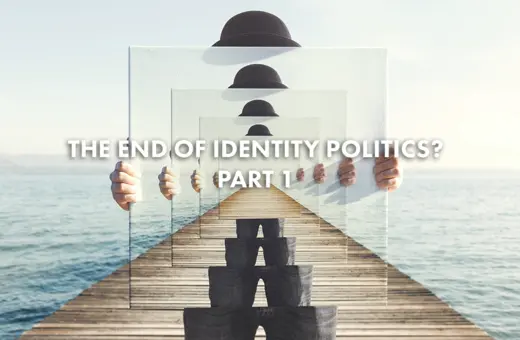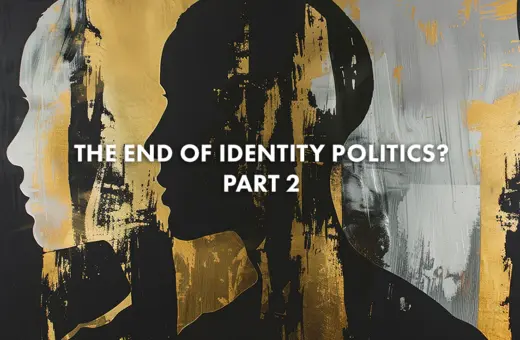In a few months, the UK could have its third female Prime Minister in the last 40 years. However, Ms Truss - herself a former Minister for Women and Equalities - should not necessarily be considered to further the feminist cause solely by virtue of her being a woman. Today, what is really at stake must go beyond the question of female leadership and interrogate the whole concept of leadership itself, writes Sophie Scott-Brown.
Liz Truss is divisive. If she becomes Britain’s next Prime Minister, feelings will run high and be mixed, especially among feminists. For some, it will be if not quite a triumphant then an important day for women. Others will regret that Ms Truss, for all the royal blue dress suits, only parodies the sort of power typically associated with belligerent males. A few more again will roll their eyes at the whole circus and consider it irrelevant to the cause of social justice.
Your reaction will depend on your preferred feminist tribe and, by extension, the kind of society you fantasise about in those idle moments spent waiting out a catastrophic heatwave or deciding between eating or paying the gas bill. There are, of course, a great range of feminisms and feminists, each emphasising different problems, approaches, and solutions. While all, by implication, make some criticism of the status quo, they must still choose whether to basically accept or reject it. If the former, they must then decide what sort and scale of adaptations are necessary to improve it. If the latter, they should offer some sense of alternative.
To put the matter another way, ask yourself which of the following statements you find most persuasive:
1) Women still do not get, or get to do, everything men get and get to do in this society. We need to remove these final barriers.
2) There is still too much of a ‘macho’ culture lingering in our political, social, and economic institutions. Once these spaces have been modernised, we will all make better progress.
3) We live in a system that depends on marginalising the majority of people (none of this minority rubbish) both explicitly and implicitly, for its own survival and reproduction. Nothing less than total transformation is necessary to achieve equality.
Not sure? Let’s look at the positions more closely and consider the kinds of leader they might engender.
If (1) sounds about right, you might like a Warrior Queen who believes conflict is the fact of life, authority its saviour, and competition its spice. While she does not think everyone is strong enough to cope with such unpalatable truths, she certainly believes that anyone who can ought not to be prevented. Holding power should only come down to who’s prepared to fight for it and she most definitely is with armies, the word of God, even her sexuality if need be. In person, she’s mercurial, brutal one moment, flirtatious the next (but always well accessorised).
___
But is it ‘good’ for young girls (or children in general for that matter) to see women being ‘just as tough as the guys’? Does it raise their aspirations?
___





















Join the conversation